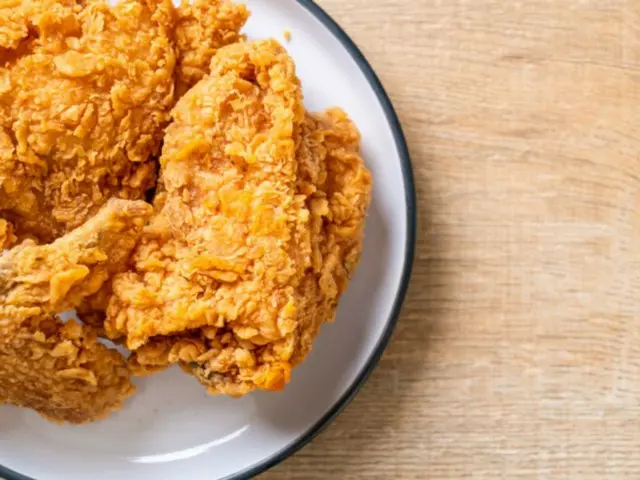On the 17th, the Ministry of Agriculture, Food and Rural Affairs of South Korea announced that it would halt the import of Brazilian hatching eggs (eggs for producing chicks), table eggs, day-old chicks, chicken meat and other poultry and related products from shipments made on the 15th of this month.
Prior to this, the Brazilian Ministry of Agriculture, Forestry and Livestock announced on the 16th local time that a highly pathogenic AI virus of the H5N1 type had been detected at a breeding chicken farm in the state of Rio Grande do Sul in southern Brazil.
As a result, the Korean government decided to impose an import ban on Brazilian chicken and eggs, starting with shipments made on May 15.
The shipment will also be subjected to thorough testing for highly pathogenic avian influenza (HPAI) and measures will be taken depending on the results.
Currently, the total amount of Brazilian chicken meat arriving at South Korean ports and awaiting quarantine is 37, totaling approximately 844 tons.
The Ministry of Agriculture, Food and Rural Affairs believes that the possibility of infection is low, considering that these shipments were made in February and March, and that the average incubation period for the AI virus is 14 days, and that the existing quarantine procedures will be followed.
The ministry plans to decide whether to allow the shipment through customs through the customs office. Meanwhile, as South Korea relies on Brazil for most of its frozen chicken imports, there are concerns that domestic chicken prices will rise.
According to the Korea Meat Distribution and Export Association, South Korea imported 45,211 tons of chicken last year, or 88 percent of its total 51,147 tons, from Brazil.
The government also plans to promote the expansion of domestic supplies to prevent supply instability for livestock products such as chicken meat and eggs. In particular, it has revealed that it is considering measures such as extending the productive age of meat-producing chickens.
did.
2025/05/17 21:36 KST
Copyrights(C) Edaily wowkorea.jp 78

